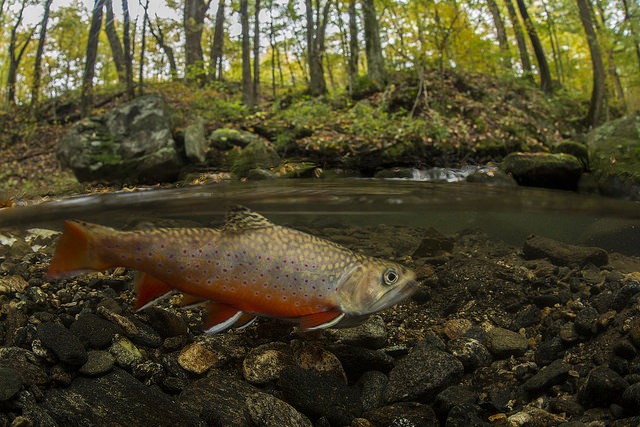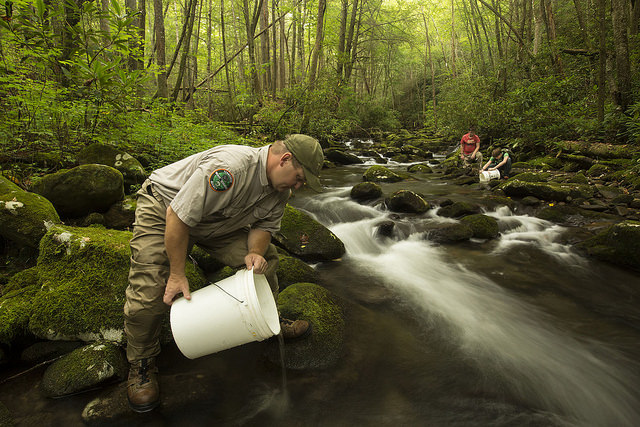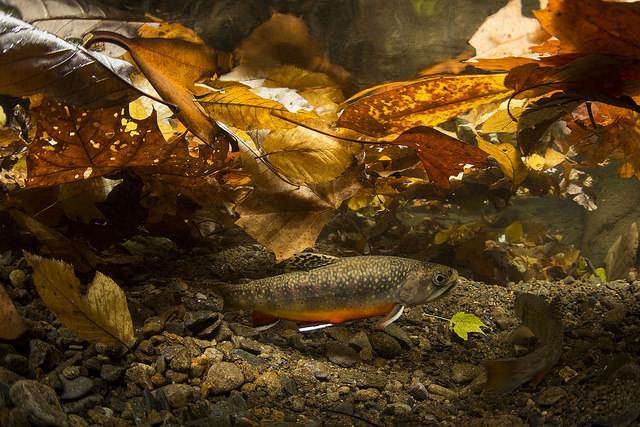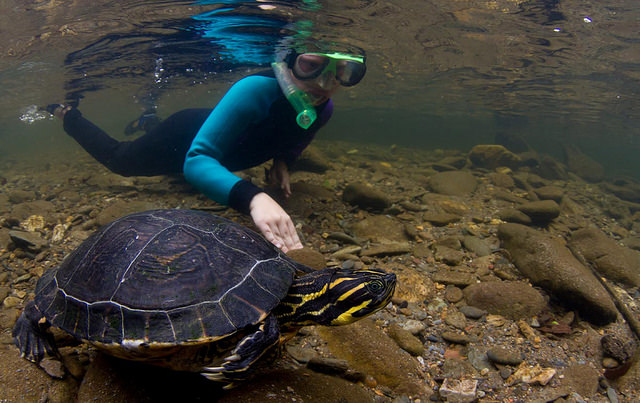Clean Water Policy
Monitoring and enforcing water pollution control for drinkable, fishable, and swimmable waters in Tennessee.
Scroll down to learn how Law & Policy works to protect Tennessee waters
"Rainbow pollution” by gambier20 © 2007.
Made available under a Creative Commons 2.0 license.
We protect water through policy and litigation
TCWN monitors industrial and municipal compliance with state and federal law. We comment on water permits and bring lawsuits to hold polluters accountable.
Tennessee waters are special
-
The Hatchie River (West Tennessee) is the longest free-flowing tributary of the lower Mississippi River.
-
The Stones River Watershed (Middle Tennessee) contains sixty-nine documented rare plant and animal species, including eight rare fish species.
-
The Clinch and Powell rivers (East Tennessee) are considered the only ecologically intact (undammed) headwaters of the Tennessee River system.
 fish in water |  men working |
|---|---|
 fish underwater |  driver and turtle |
 girl swimming |
Water Quality Threats
Half of Tennessee streams are polluted.

Nearly three-fifths of Tennessee's original wetlands have been lost.

Each year, our state legislature attempts to weaken water quality protections.
Icons made by freepik from flaticon.
To address threats to Tennessee water quality,
TCWN Law & Policy focuses on several standing priorities.
Standing Priorities
Show More
Report a Water Quality Concern
TCWN responds to civic water quality complaints.
Use our online form to report a water quality concern.







